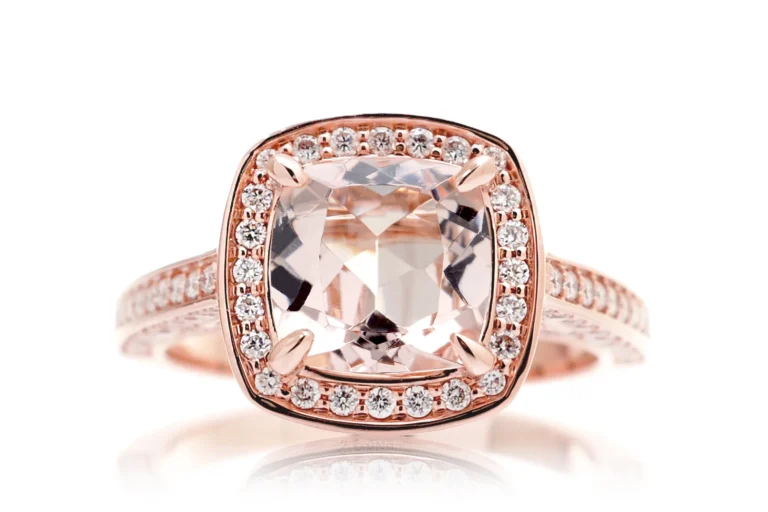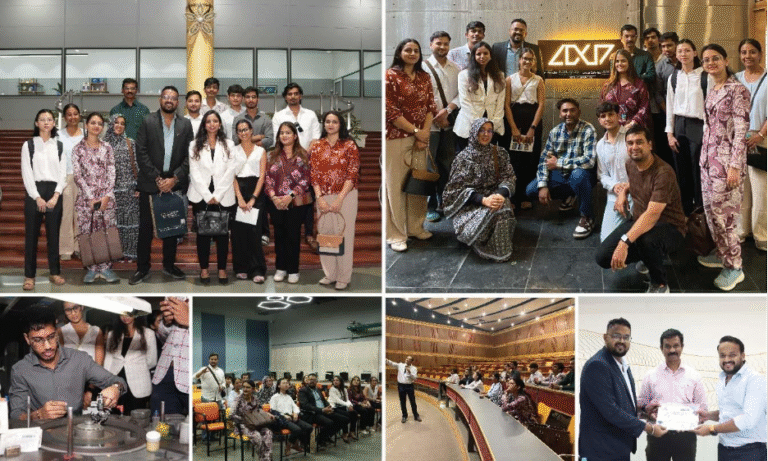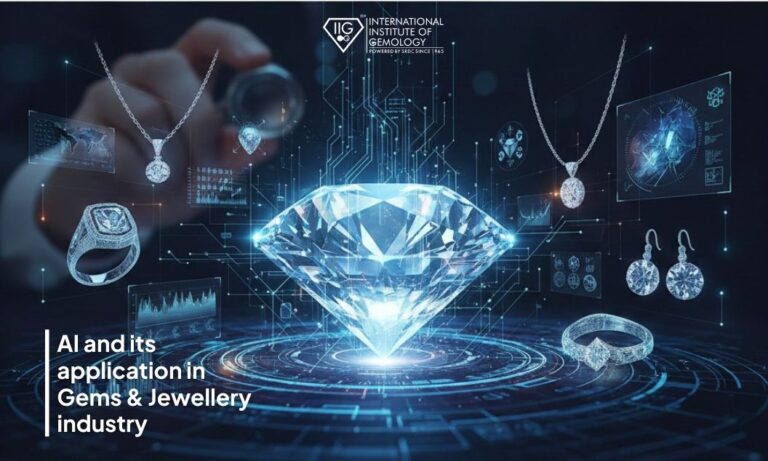No products in the cart.

For centuries, jewellery has served as a symbol of affluence and prosperity. Even in eras with limited metallurgical knowledge, individuals adorned themselves with precious gems, sometimes even being interred with these cherished possessions.
Across the annals of time, the methodologies employed in crafting exquisite jewellery have undergone a transformative evolution. Today, artisans benefit from cutting-edge technology, enabling the creation of intricate pieces on a grander scale than ever before.
In the contemporary landscape, artificial intelligence (AI) has ushered in a revolution in the manufacturing and retailing of jewellery. Industry giants like Microsoft are actively exploring AI-driven design processes, while avant-garde luxury brands are seamlessly integrating AI into their e-commerce platforms to redefine the online shopping experience.
Exploring the latest transformative innovations reshaping the fashion industry is a compelling endeavour. Read on to uncover five revolutionary advancements propelled by artificial intelligence within the jewellery sector.
The global pandemic has fundamentally altered consumer behavior, with online shopping assuming unprecedented importance. Despite the inability to flaunt jewellery during lockdowns, the jewellery industry mirrored the surge in e-commerce. In Spain alone, online purchases of jewellery and watches soared to €13.2 million in the second quarter of 2020, marking an impressive 86% increase from the same period in 2019, as reported by the Spanish National Commission on Markets and Competition (CNMC).
Projections indicate that the momentum of online shopping will persist in 2022, driven in part by the continued prevalence of remote work. Consequently, the jewellery industry is prioritizing the alignment of online stores with evolving consumer expectations. Overcoming challenges such as customer mistrust and apprehensions about choosing the perfect piece has become paramount. Enter artificial intelligence, with its advanced capabilities poised to empower customers to virtually try on jewellery, scrutinize pieces as if physically present, and receive personalized assistance akin to an in-store shopping experience.
The “The AI Powered Enterprise: Unlocking the potential of AI at scale” report underscores the transformative impact of AI on businesses. Companies leveraging artificial intelligence witness a remarkable surge of over 25% in the sales of goods and services. Moreover, AI proves instrumental in automating tasks that would traditionally consume significant human hours.
In essence, artificial intelligence emerges as the linchpin in the jewellery industry’s quest to embrace the digital age and cater to the evolving needs of consumers. The symbiosis of advanced technology and timeless craftsmanship paves the way for a new era in jewellery design and retail, where innovation and tradition seamlessly converge.
Artificial intelligence (AI) has brought about a profound transformation in the jewelry market, revolutionizing the way manufacturers design, produce, and sell their pieces. Throughout history, jewelry has been a symbol of wealth, and today, AI is reshaping the industry in unprecedented ways. Let’s explore five groundbreaking innovations that highlight the impact of AI on the jewelry sector.
In conclusion, the marriage of artificial intelligence and the jewelry industry is proving to be transformative. From digital try-ons and online sizing tools to immersive product visualization and real-time diamond inspection, AI is reshaping the way consumers interact with and purchase jewelry. As the industry continues to evolve, embracing AI technologies will likely be a key factor in staying competitive and meeting the changing demands of consumers in the digital age.






Not a member yet? Register now
Are you a member? Login now